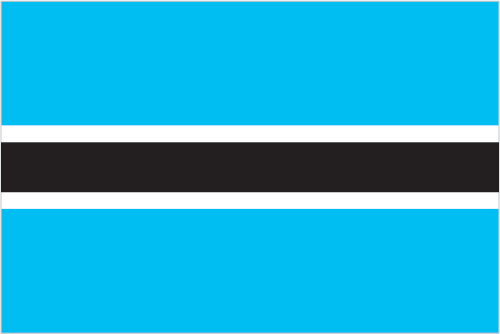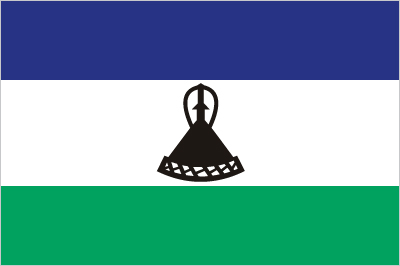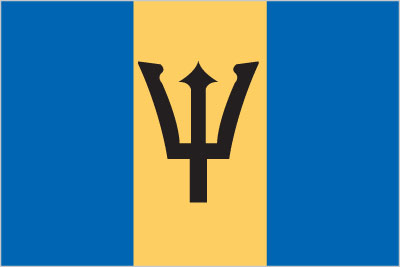
Robert C. Weaver
Robert C. Weaver became the first African American appointed to a presidential cabinet. President Lyndon Baines Johnson made Weaver Secretary of Housing and Urban Development in 1966. Children can view the list of current Cabinet members at: Presidential Cabinet.


